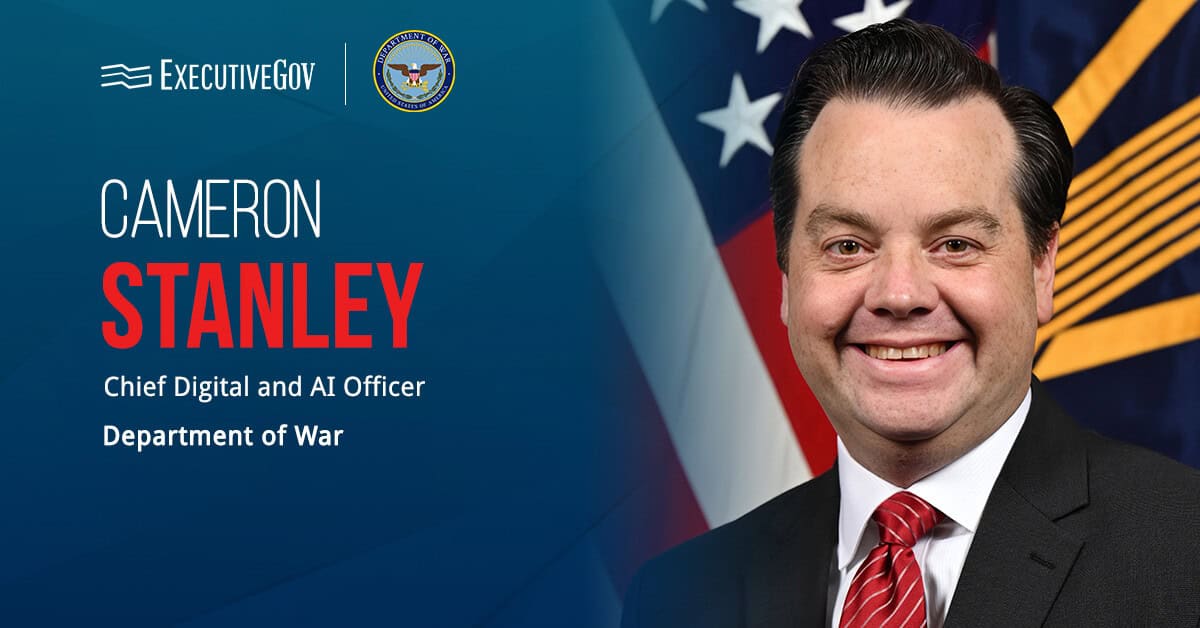On Friday, Executive Mosaic’s GovCon Index dropped by 0.47%, a shift back to the downward trend that characterized most of June. Despite a positive start to the week, a four-day streak of losses brought the overall average down.
GovCon Index is an aggregate index that tracks and presents data on the stock market performance of 30 notable government contracting organizations in real time. With this information, users can gain key insights into each company’s status in the market and assess the broad trends shaping today’s GovCon landscape.
Last week’s decline was consistent with overall GovCon Index performance last month, in which decreases occurred three out of four weeks. These losses have not impeded overall growth, as GovCon Index has risen by 5.92% year-to-date.
Check out last week’s market reports for additional information about daily GovCon Index performance. To access the full list of tracked companies, click here.





